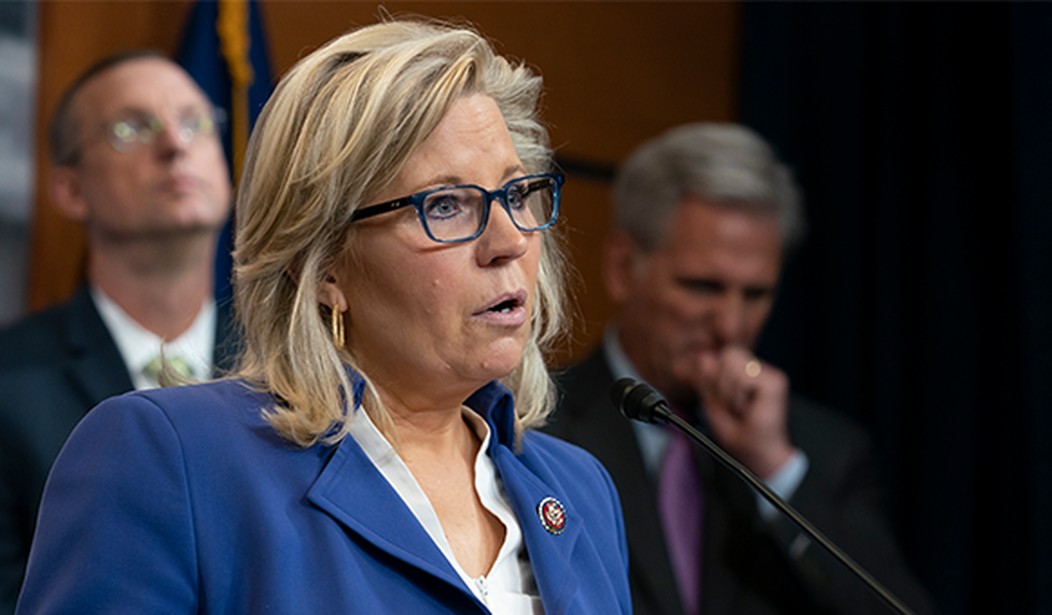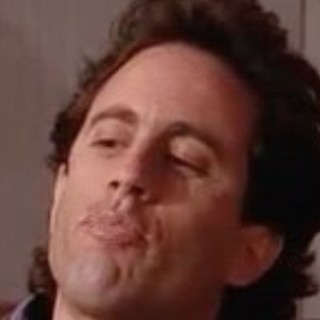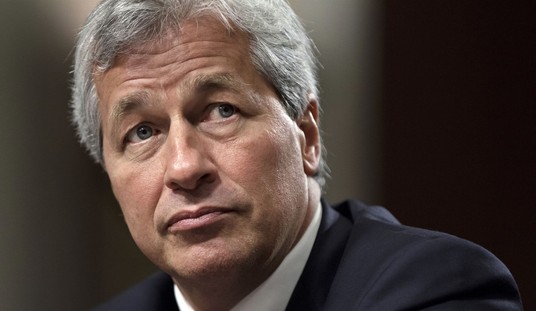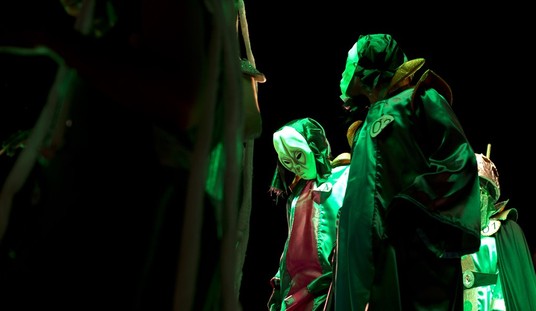Liz Cheney is on the hot-seat and the temperature just got turned up more. As Jeff Charles shared earlier today, Rep. Matt Gaetz has been by over half the GOP caucus in asking for Cheney’s removal from leadership (see Matt Gaetz Leads More than Half of House Republicans to Unseat Liz Cheney). This comes after her vote in favor of impeaching Donald Trump knowing that the trial wouldn’t even start until after he had left office.
This all leaves Cheney in a precarious position. She’s lost the support of her own party back home in Wyoming. She’s lost the support of her caucus in Washington. Her allies boil down to a bunch of establishment figures who simply see her as a contrast to the former president. Cheney is rarely judged on her own merits. Yet, in my view, any discussion of her leadership role should be lead with a basic question: Why should she be in leadership in the first place?
The Federalist’s Mollie Hemingway thinks she shouldn’t, and she lays out that case in her latest article. As she explains, Cheney’s problems go far past her support of an ill-advised, thrown together second impeachment.
GOP conference can tolerate a member who caters to the Democratic media complex in order to further her personal agenda. But not in leadership, which must be smarter and unified to effectively fight against the left-wing assaults in the years to come. https://t.co/2IPKXyaHxa
— Mollie (@MZHemingway) January 25, 2021
A few months ago Cheney faced a mini-rebellion over her decision to fund Kentucky Rep. Thomas Massie’s primary opponent — a huge no-no for leadership and one that proved even more embarrassing when the primary opponent turned out to be racist.
At the first in-person conference meeting following the outbreak of COVID, members erupted over Cheney breaking the rule about leadership not trying to oust members of her conference. She handled the criticism poorly, saying that Massie — from the more libertarian and anti-war side of the Republican Party — was a “special case.” That alarmed members who share his views, but it also alarmed the liberal members who wondered if they, too, could be viewed as “special cases” for failing to share Cheney’s views.
Massie ended up winning his primary and his re-election, but that doesn’t erase what Cheney did here. This episode underscored her poor political instincts. It also reinforced her commitment to her disastrous neoconservative foreign policy, something Massie often butted heads with her about.
Mollie explained how big of a problem that is going forward for most Republican voters.
The daughter of former Vice President Dick Cheney worked at the State Department during the presidency of George W. Bush. While in Congress, Cheney has focused on pushing a Bush-era foreign policy, particularly in support of continuing the Afghanistan and Iraq wars indefinitely. Those old-timey neoconservative views have been increasingly rejected by Republican voters, and have previously shown to be toxic to all voters.
I’ve written very critically of Cheney on this topic in the past. She appears stuck in 2005, continuing the same talking points about perpetual war, patriotism, and fighting them over there. Rather than offering any logical, current reason to continue our wars in Iraq and Afghanistan (and Syria now), she sinks into personal attacks and dismissal (see Liz Cheney Trashes Rand Paul, but Her Argument is Garbage). As I’ve said before, anyone wanting to continue expending blood and treasure on these efforts should be expected to regularly defend them. War is not a default state, nor should it become one. Yet, Cheney has no capacity to actually defend her position so she doesn’t even try.
Here’s the truth. Leadership in the GOP is not a birth-right. I don’t really care if Cheney is a nice woman, who her dad is, or if she holds some conservative viewpoints. The question has always been whether she fits the voter base of the party. She clearly does not, especially in regards to her foreign policy views. Further, she clearly does not have the capacity to even work within her own caucus with broad appeal. How exactly does that add up to keeping her as one of the top party leaders in the House? It simply doesn’t (see Republicans Have a Choice to Make Post-Trump, They’d Best Choose Wisely).
Cheney is welcome to be a Republican, perhaps even an influential one within the caucus. But she’s shown herself incapable of being in a top leadership position for a variety of reasons. It’s time for her to step aside.
(Please follow me on Twitter…@bonchieredstate)














Join the conversation as a VIP Member